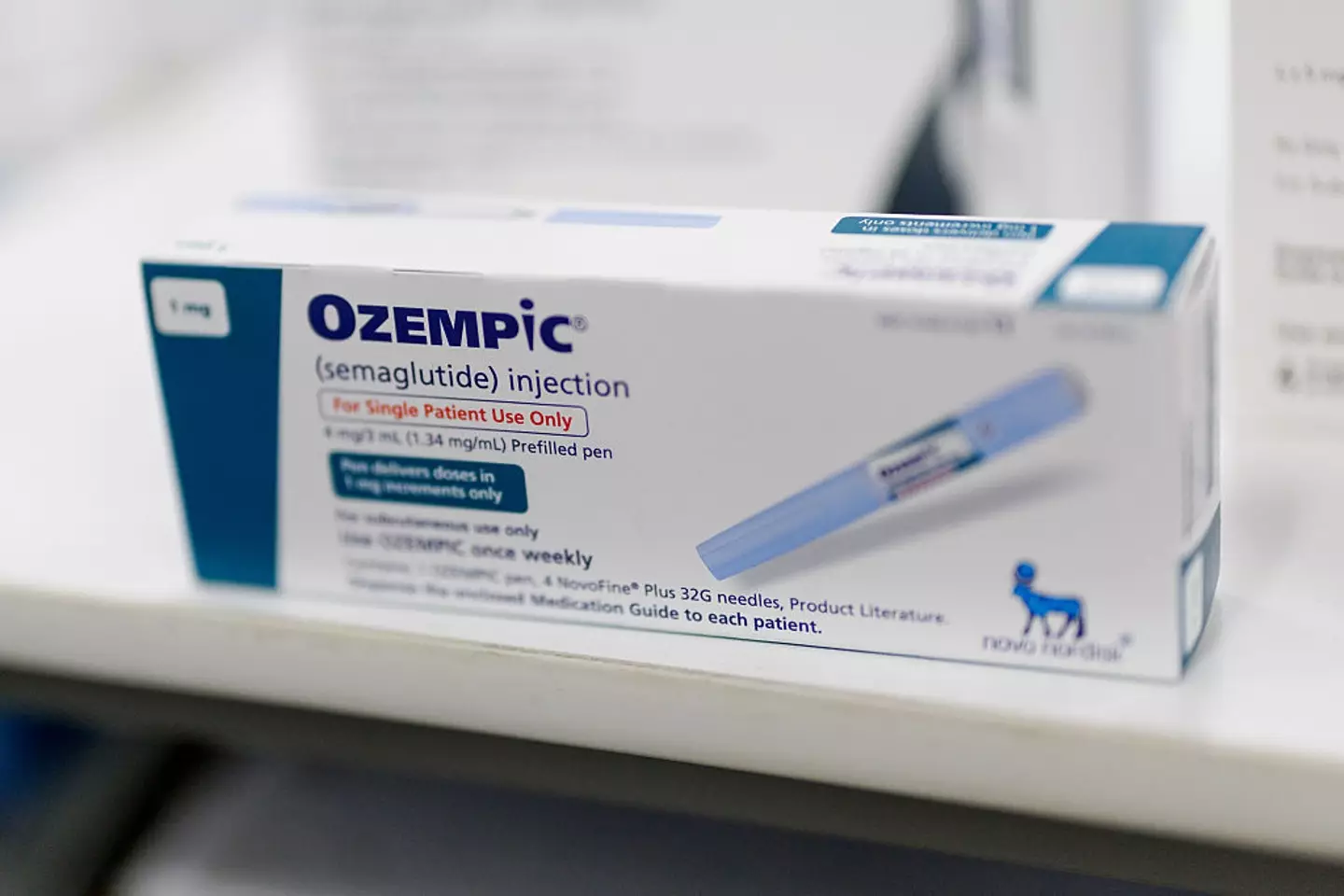A gynecologist has outlined three potential impacts that GLP-1 medications, like Ozempic, can have on vaginal health following users’ reports of changes.
Ozempic, designed for type 2 diabetes treatment, has not been FDA-approved for weight loss, but it, along with Wegovy and Mounjaro, is recognized for aiding weight reduction.
As these drugs gain popularity, individuals have shared experiences online regarding effects on their bodies, including skin, sexual health, and dental health.
One area of focus has been the vulva. A user of Ozempic shared, “I’ve lost 20 kg or 44 lbs. I’ve been really lucky and I have no noticeable sagging skin in my tummy or my arms/legs…”
“Turns out I’ve lost all my fat pads in my vulva! [A doctor] told me my vulva is saggy and I will continue to experience pain when biking/sitting unless I have surgery or put on fillers.”

In response to such issues, Dr. Melanie Bone, a consultant OBGYN and US medical director at Daye, told Newsweek: “GLP-1 receptor agonists such as Ozempic have become increasingly popular for weight loss and diabetes management. However, their effects on vaginal health are an important consideration that is often overlooked.”
Dr. Bone identified three ways in which GLP-1 medications might impact vaginal health:
While weight loss is beneficial for many, Bone pointed out that rapid weight loss can disrupt hormone levels, potentially ‘affecting vaginal lubrication and tissue health’.
Thus, Bone mentioned: “Some women may experience increased vaginal dryness as a result.”
Medications that suppress appetite can also lead to gastrointestinal issues like nausea, vomiting, and diarrhea.
This loss of fluids may induce dehydration, exacerbating vaginal dryness and discomfort.
“To maintain vaginal health while using GLP-1 agonists, I recommend staying well-hydrated, using a vaginal probiotic and considering the use of vaginal moisturizers if experiencing dryness,” Bone advised.

Bone also mentioned that ‘the changes in diet and gut microbiome associated with these medications may also indirectly impact the vaginal microbiome due to the gut-vagina axis’.
Alterations in the vaginal microbiome may be noticeable through changes in vaginal discharge or odor, though they can also indicate potential infections.
To promote vaginal health, Bone suggested regular health screenings, stating: “By checking on their vaginal health regularly, patients can monitor for any changes in their vaginal microbiome that may be associated with GLP-1 agonist use.”
“This proactive approach allows for early detection and management of any issues that may arise.”
Bone emphasized, “It’s crucial for women and assigned female at birth (AFAB) individuals to discuss any vaginal health concerns with their healthcare provider while using GLP-1 agonists,” adding that open dialogue can improve management and health outcomes.

Novo Nordisk, the producer of Ozempic and Wegovy, commented: “Patient safety is of the utmost importance to Novo Nordisk. We continuously collect safety data on our marketed GLP-1 RA medicines and work closely with the authorities to ensure patient safety. We recommend patients take these medications only for their approved indications and under the supervision of a healthcare professional.”
“Treatment decisions should be made together with a healthcare provider who can evaluate the appropriateness of using a GLP-1 based on assessment of a patient’s individual medical profile.”
“We recommend that any UK patient experiencing side effects while taking GLP receptor agonists including Wegovy or Ozempic report them to their healthcare provider and via the MHRA Yellow Card scheme: https://yellowcard.mhra.gov.uk/.”
Eli Lilly and Company, the manufacturer of Mounjaro, has also been contacted for comments.

